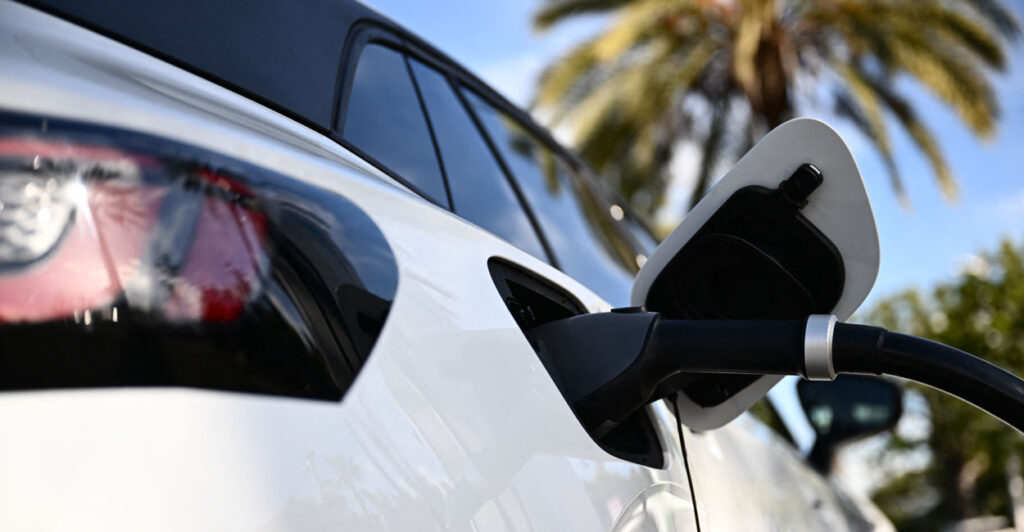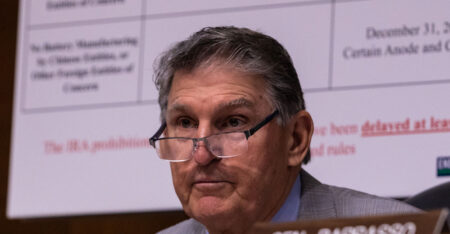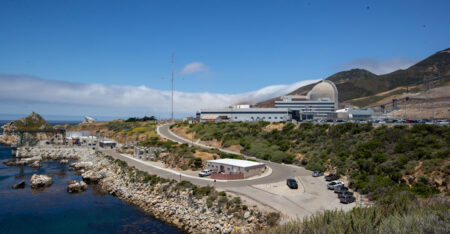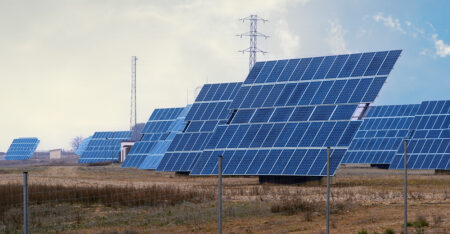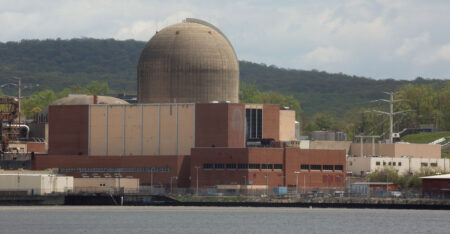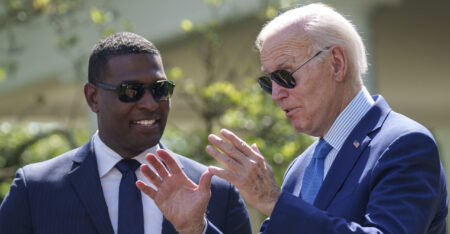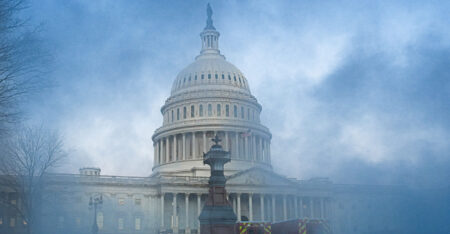Republicans on the House Energy and Commerce Committee are demanding answers from two federal agencies regarding the Biden administration’s lagging electric vehicle charger subsidy program.
Republican Reps. Cathy McMorris Rodgers of Washington, Jeff Duncan of South Carolina, and H. Morgan Griffith of Virginia wrote to Transportation Secretary Pete Buttigieg and Energy Secretary Jennifer Granholm on Thursday to inquire about the implementation of the National Electric Vehicle Infrastructure Formula Program and the Charging and Fueling Infrastructure Discretionary Grant Program. Both these initiatives were designed to subsidize expansion of the nation’s EV charger network created by the Infrastructure Investment and Jobs Act, often called the Bipartisan Infrastructure Law.
While the White House has touted the Infrastructure Investment and Jobs Act programs as key tools to rapidly build the charging infrastructure needed to realize its lofty EV targets, logistical problems and a tepid market for EVs have combined to significantly complicate the initiatives.
“We have significant concerns that under your efforts American taxpayer dollars are being woefully mismanaged,” the letter reads. “Despite recent award announcements, little progress has been made in the buildout of electric vehicle infrastructure. On December 15, 2023, the Department of Energy and Department of Transportation announced the opening of America’s first EV fast charging stations funded through the NEVI Formula Program: in Ohio and New York. This announcement for merely eight charging stations comes more than two years after the passage of the IIJA.”
Beyond noting that the rollout has been sluggish to date, the lawmakers asked the agencies to provide estimates of how many chargers the administration is anticipating the program will help build by the end of the year and steps the agencies are taking to ensure that taxpayer dollars do not benefit Chinese interests in light of the administration’s “Buy America” requirement waiver for certain charger components.
Additionally, the legislators are seeking details as to how the agencies are ensuring that stations planned for “disadvantaged communities” will be used frequently given the higher costs of EVs.
“The problems with these programs continue to grow – delays in the delivery of chargers, concerns from States about labor contracting requirements and minimum operating standards for chargers, the fact that 22 States (44 percent) have not issued solicitations for NEVI funding, and the limited and questionable delivery of awards from the CFI Discretionary Grant Program,” the lawmakers’ letter states.
The White House is aiming for 50% of all new vehicle sales to be EVs by 2030, but charging infrastructure generally remains concentrated in coastal, more densely-populated regions of the U.S. The uneven distribution and inconsistent performance of chargers contributes to drivers’ range anxiety, which is one of several factors contributing to slower-than-projected growth in EV demand despite billions of dollars of government spending and stringent auto market regulation intended to facilitate a longer-term EV transition.
Neither the Department of Transportation nor the Department of Energy responded to requests for comment.
Originally published by the Daily Caller News Foundation
Have an opinion about this article? To sound off, please email letters@DailySignal.com and we’ll consider publishing your edited remarks in our regular “We Hear You” feature. Remember to include the URL or headline of the article plus your name and town and/or state.
Read the full article here





